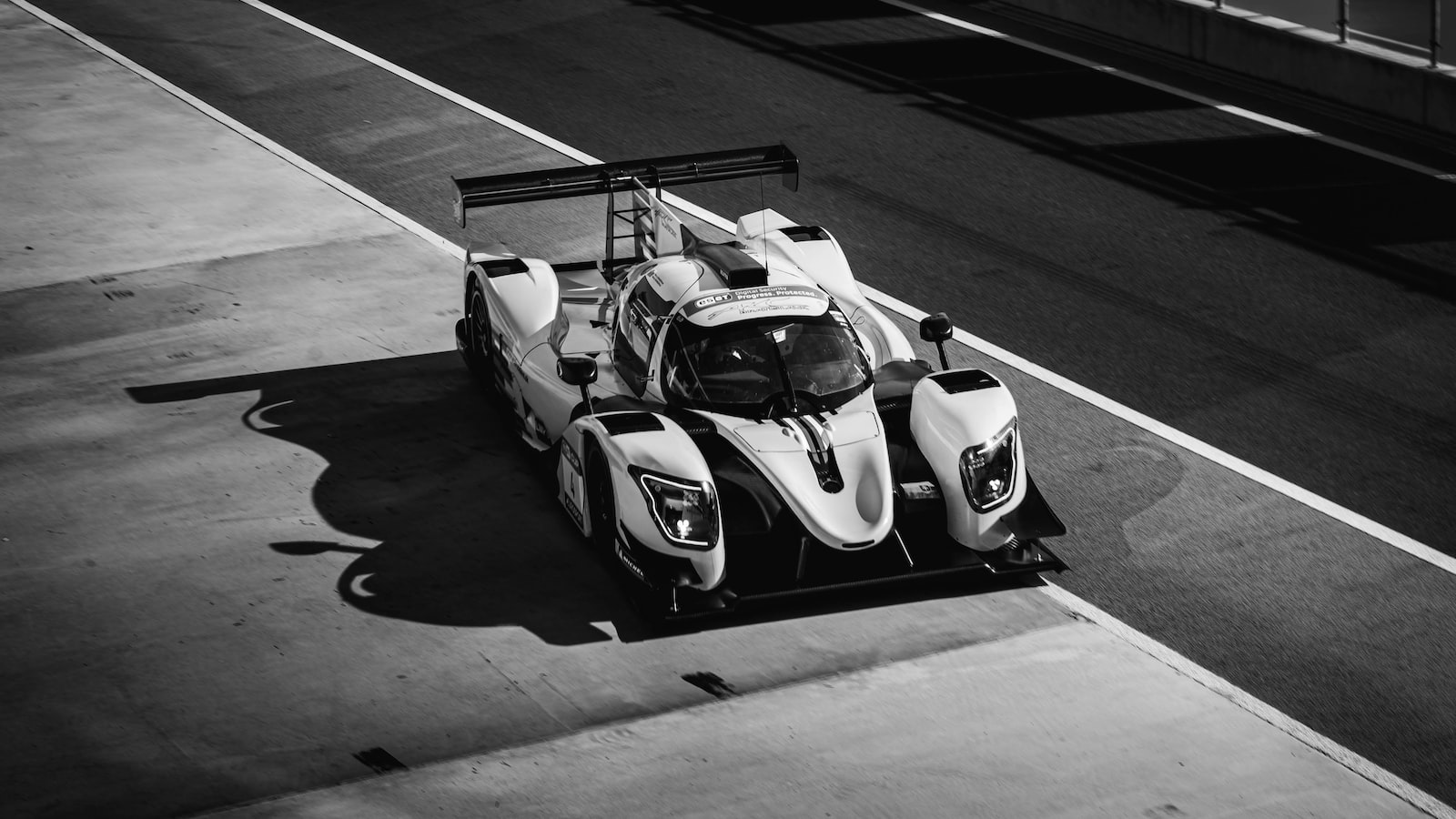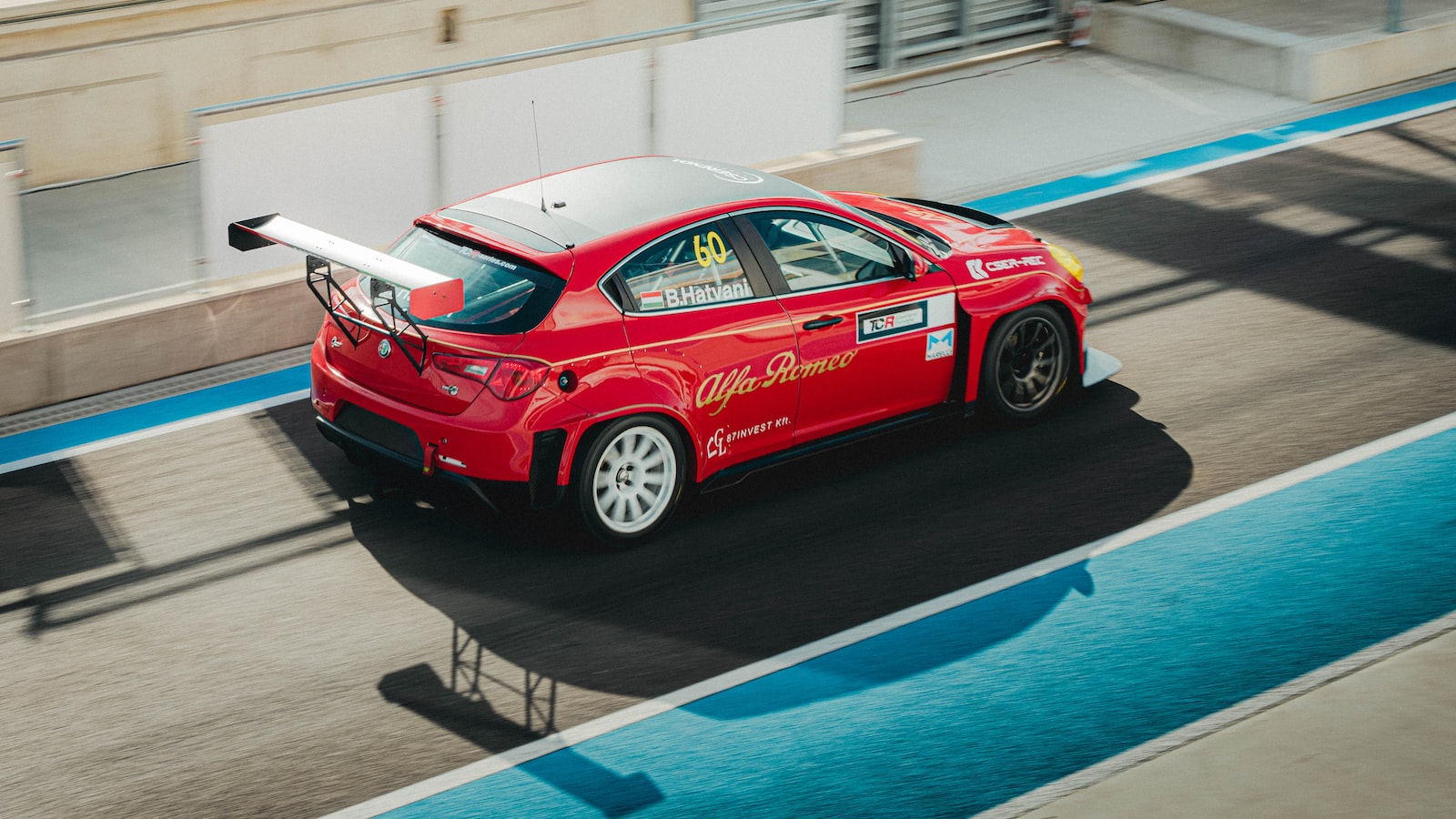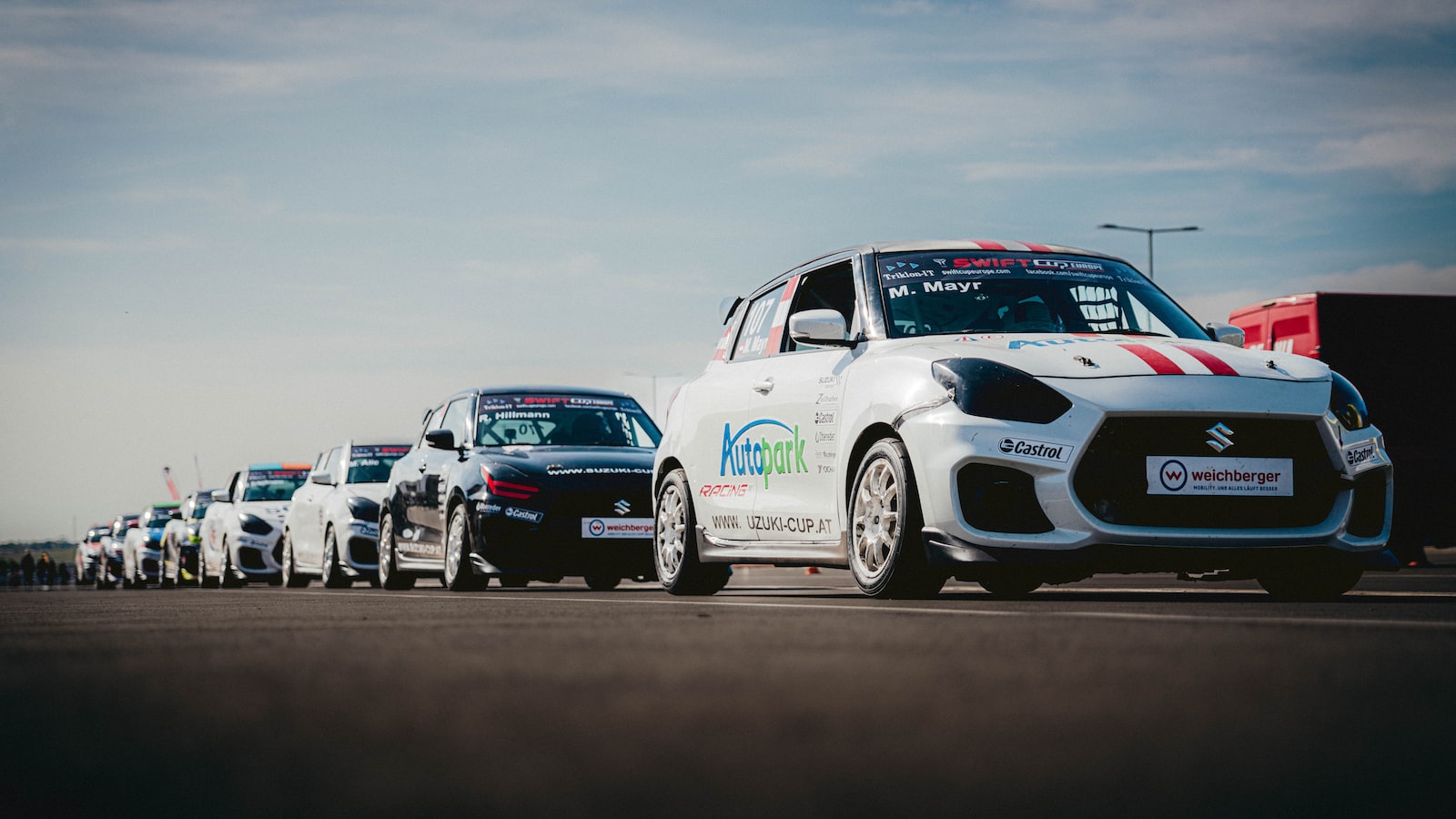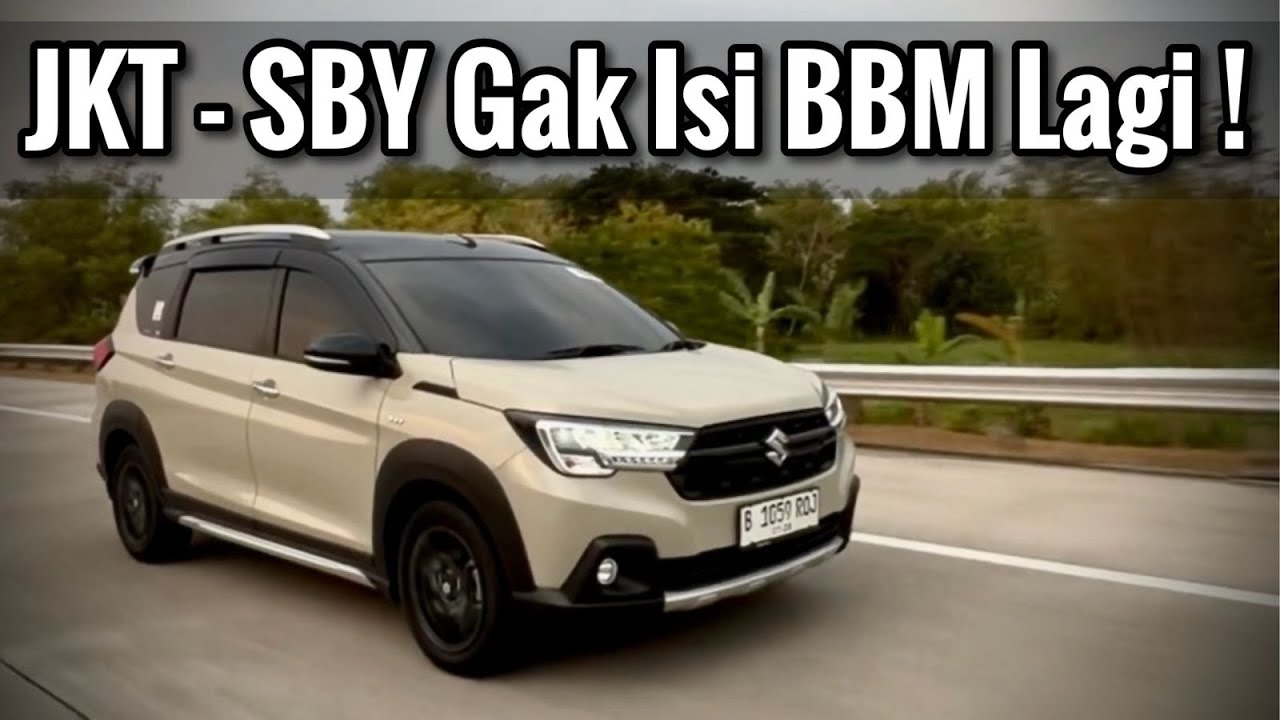Welcome to our blog post where we discuss the intriguing topics presented in the YouTube video titled "SUZUKI XL7 Smart Hybrid Indikator Bensin Seakan Gak Berfungsi" (SUZUKI XL7 Smart Hybrid Fuel Indicator Seems Not to Function). In this creative yet neutral piece, we will delve into the history of the Suzuki XL7, a crossover based on an MPV and known as the only hybrid crossover of its kind in the world. Suzuki has always had a knack for creating unique and unmatched vehicles, such as the pioneering and unmatched Jimny SUV in Indonesia. Now, with the Suzuki XL7, they have once again taken a different approach by bringing down its class. Originally resembling an SUV, the XL7 has now transitioned into a crossover, contrary to its V6, 2500cc counterpart. Though this shift may seem odd, it turns out to be exactly what the Indonesian market needs – a fuel-efficient alternative. In fact, the video showcases the XL7’s impressive range, driving 700 KM from Jakarta to Surabaya on just one tank of fuel without a refill. The demonstration, featured on the Motomobi and Fitra Eric channels, serves as proof that this downscaled Suzuki XL7 meets the requirements of Indonesian drivers seeking a more economical vehicle. Stay tuned as we further explore this fascinating vehicle and review it in detail, ensuring you won’t miss out on any interesting aspects of the Suzuki XL7.
1. Unique History of Suzuki XL7: From SUV to Crossover

The Suzuki XL7 has a unique history that sets it apart from other SUVs and crossovers. Suzuki has always been known for creating vehicles that are in a league of their own. Take, for example, the Suzuki Jimny, a compact SUV that didn’t have any competitors back in the day. While other SUVs had large, fuel-guzzling engines, the Jimny came with a small engine and a small body. Suzuki’s desire to be different and unique is also evident in their other models, such as the Suzuki Baleno, which started off in the same class as the Civic, Corolla, and Lancer but has now shifted down to compete with the Yaris and Jazz.
When it comes to the Suzuki XL7, the first generation was introduced in 1998 and made its way to Indonesia in 2003. It had a more SUV-like appearance, reminiscent of the Grand Escudo, and could comfortably seat seven passengers. However, the first-generation XL7 was considered expensive for the Indonesian market and lacked the 4×4 capability, which made it less popular. Since then, Suzuki has not released a second-generation XL7 in Indonesia, even though it was introduced elsewhere in 2006 with a larger size compared to its predecessor. Finally, in 2020, Suzuki Indonesia launched the XL7 once again, but this time as a crossover built on an MPV platform. This shift in positioning allowed the XL7 to cater to the needs of Indonesian consumers who desired a more fuel-efficient vehicle. In fact, it has been proven that the XL7 can travel 700 kilometers from Jakarta to Surabaya on just one tank of fuel. This new iteration of the XL7 may not have the same V6 engine or the same level of luxury as its predecessor, but it offers practicality and fuel efficiency, which are highly valued by the Indonesian market. To see the XL7 in action on this impressive journey, you can check out Motomobi’s channel and Fitra Eric’s channel for more exciting content related to this unique vehicle.
2. Suzuki XL7 Smart Hybrid: The Answer to Fuel Efficiency

The Suzuki XL7 Smart Hybrid is a crossover that is designed to provide exceptional fuel efficiency. It is one of the few crossovers in the world that comes with a nearly hybrid engine. With this vehicle, you can travel from Jakarta to Surabaya with just one tank of fuel or BBM (Bahan Bakar Minyak).
Suzuki has always been known for creating unique and unmatched vehicles, and the history of the XL7 is no exception. The XL7 stands out in the market, just like the Jimny did when it was introduced as a small SUV pioneer. While other SUVs had big, fuel-consuming engines, the Jimny offered a compact and efficient option. Similarly, the Suzuki Baleno also showcased Suzuki’s desire to be different by lowering its class from competing with cars like the Civic, Corolla, and Lancer to competing with the Yaris and Jazz.
The XL7 is not just a crossover, but it also carries the SUV DNA of Suzuki. The first generation of the XL7 was launched in 1998 and arrived in Indonesia in 2003. It had a distinctive SUV-like appearance, similar to the Grand Escudo, and could accommodate up to 7 passengers. However, its high price tag and non-4×4 capabilities made it less popular among Indonesian consumers. While the second generation of the XL7 was introduced in 2006 with a larger size, it was not seen in Indonesia until 2020.
Despite the XL7’s transition from a full-fledged SUV to a crossover, the introduction of the Smart Hybrid version has met the needs of Indonesian drivers who value fuel efficiency. The XL7 Smart Hybrid offers impressive fuel economy, as demonstrated in a firsthand test where the vehicle traveled 700 KM from Jakarta to Surabaya on just one tank of fuel. This remarkable feat is witnessed on the Motomobi and Fitra Eric channels, where the Suzuki XL7’s fuel efficiency is put to the test. Additionally, the vehicle’s capabilities are showcased by Mamang, who reviews the XL7 after taking it off-road and exhibiting its resilience and durability.
3. Experience the Long Drive: Jakarta to Surabaya with Only One Tank

Suzuki XL7 is a unique crossover that is based on an MPV. It is the only crossover with a nearly hybrid engine in the world. People from all over are buying this crossover because it can travel from Jakarta to Surabaya with just one tank of fuel. Yes, you heard it right! This vehicle has exceptional fuel efficiency, allowing you to have an uninterrupted long drive experience.
Now, let’s dive into the history of Suzuki XL7. Suzuki has always been known for creating cars that stand out and have no competitors. Just like the famous Jimny, which was the pioneer of compact SUVs in Indonesia. At that time, Jimny had no competitors at all, with its small size and fuel-efficient engine. Suzuki’s uniqueness and the desire to be different can be seen in their other models as well.
- In the past, Suzuki Baleno was initially released as a car that competed with Civic, Corolla, and Lancer. However, the newer Baleno model positioned itself as a lower-tier car, competing with Yaris and Jazz. This unique marketing strategy continues with the latest generation of Suzuki XL7.
- The first generation of Suzuki XL7 was introduced in 1998 and entered the Indonesian market in 2003. It had a more SUV-like appearance rather than a typical crossover. With a V6 engine and a capacity of 2500 cc, this SUV was highly desirable. However, it was also relatively expensive for the Indonesian market, and without a 4×4 version, it struggled to gain popularity.
After that, there was no sight of the second generation of Suzuki XL7 in Indonesia until 2020. In other countries, the second generation XL7 was introduced in 2006 with a larger size compared to its predecessor. However, when Suzuki finally launched it in Indonesia, it became apparent that the XL7 had transitioned from a pure SUV to a crossover built on an MPV platform. It may have lost its prestigious name, but it gained what the Indonesian market truly needed – fuel efficiency. To prove its remarkable mileage, people have taken it for a test drive from Jakarta to Surabaya, covering a distance of 700 kilometers only on a single tank of fuel. You can watch the whole journey and witness the proof on channels like Motomobi and Fitra Eric.
4. Review by Influencers: The Versatility and Durability of Suzuki XL7

The Suzuki XL7 has received rave reviews from influencers for its versatility and durability. This crossover, which is based on an MPV platform, stands out as one of the only hybrids in the world to buy. It’s capable of traveling from Jakarta to Surabaya with just one tank of fuel, making it incredibly efficient.
Suzuki has a reputation for creating unique and unmatched vehicles, and the XL7 is no exception. Just like the iconic Jimny, which pioneered the compact SUV market in Indonesia, the XL7 offers something different. While other SUVs have large, fuel-guzzling engines, the XL7 comes with a small and compact engine, coupled with a sleek body design. It’s a testament to Suzuki’s commitment to innovation and catering to the needs of the modern consumer.
The XL7’s appeal lies in its SUV-like features, despite being classified as a crossover. With its front-end resembling the Grand Escudo, it exudes a rugged and powerful look. Additionally, its seven-passenger capacity makes it a desirable choice for many. Although a V6 engine with a 2500 cc capacity remains a dream for most, the XL7 offers an affordable alternative. Its price range, however, is still considered high for the Indonesian market. Despite this, the XL7 has gained popularity over the years, and the second generation, introduced in 2006, offers an even bigger and more spacious design.
In 2020, Suzuki Indonesia introduced the XL7 hybrid, originating from an MPV. While the new generation might have dropped its prestigious name, it has gained favor among Indonesian consumers due to its fuel efficiency. Demonstrated through a test drive spanning 700 KM from Jakarta to Surabaya using just one tank of fuel, the XL7 has proven to be an economical choice. Reviews by respected influencers, such as Om Fitra and Om Mobi, further solidify its reputation for being a reliable and capable vehicle. Its ability to handle rough terrains and challenging hills, as demonstrated by Mamang reviewers, showcases the XL7’s durability and performance.
Overall, the Suzuki XL7 offers versatility, durability, and fuel efficiency, making it a standout choice in the crossover market. With its unique features and affordable price range, it has quickly become a popular choice among Indonesian consumers. Whether you’re looking for a spacious family vehicle or a reliable companion for adventurous trips, the XL7 is an excellent choice that won’t disappoint. In conclusion, the YouTube video titled "SUZUKI XL7 Smart Hybrid Indikator Bensin Seakan Gak Berfungsi" discusses the unique features and history of the Suzuki XL7. This crossover, which is almost hybrid and based on an MPV, stands out from its competitors with its impressive fuel efficiency. The Suzuki XL7 has proven its capability to travel from Jakarta to Surabaya with just one tank of fuel, making it an ideal choice for those looking for an economical and practical vehicle. Despite its smaller size and lower class compared to its predecessors, the Suzuki XL7 Smart Hybrid fulfills the needs of Indonesian consumers who seek a fuel-efficient and reliable car. The video also showcases the durability of the XL7 as it successfully tackles challenging terrains and long distances without any issues. For more details and a firsthand experience, we encourage you to watch the video on Motomobi’s channel and subscribe to both Motomobi and Fitra Eric’s channels for more interesting content. The Suzuki XL7 continues to be a great option for those in search of a cost-effective and eco-friendly vehicle.
